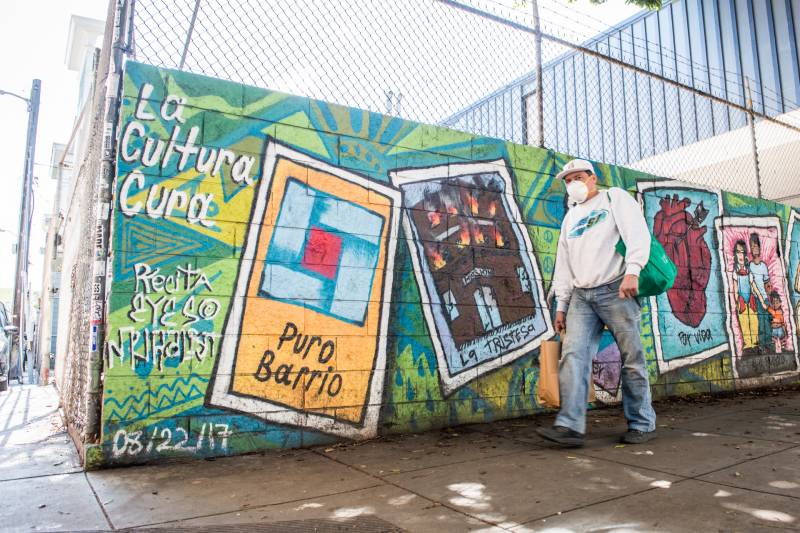Bay Area
Rural Northern California (plus Napa, Sonoma and Solano counties)
Central Coast
Central Valley
- Fresno, Kern, Kings, Madera, Merced, Tulare, Mono counties - United Farm Workers Foundation: (877) 527-6660
- Mariposa, Sacramento, San Joaquin, Stanislaus, Sutter, Tuolumne, Yolo, Yuba counties - California Rural Legal Assistance Foundation: (877) 557-0521
Los Angeles
Inland Empire
San Diego
The information applicants provide will only be used to confirm eligibility and no personal information will be shared with any government agency, according to the California Department of Social Services (CDSS). But the nonprofits processing requests will send CDSS general demographics about the pool of applicants, such as age and gender.
So far, the response has been overwhelming. On the first day people could apply, nonprofits screening applicants in just eight counties said they got 1.3 million calls.
Christopher Martinez with Catholic Charities of the East Bay said their phone system crashed multiple times due to demand. Undocumented spouses of U.S. citizens, day laborers, seniors and homeless people were among more than 200,000 callers from six Bay Area counties, he said.
“That is absolutely unprecedented. I think that it just really shows you the enormity of the need in the community,” said Martinez.
The state aims to help up to 150,000 undocumented Californians with the relief.
In Los Angeles and Orange counties, the Coalition for Humane Immigrant Rights or CHIRLA has added a new phone line after more than 1 million people called on Monday. They expect funds won’t run out for some weeks, and advise people to keep calling until they get through.
"We are working diligently to help as many people as we can and to deal with any technical issues that might arise," said Angelica Salas, executive director of CHIRLA, in a statement earlier this week. "We are committed to work through every issue and to continue to advocate for our community now and in the future. We know this help is much needed and we know our community trusts us to deliver it to them."

